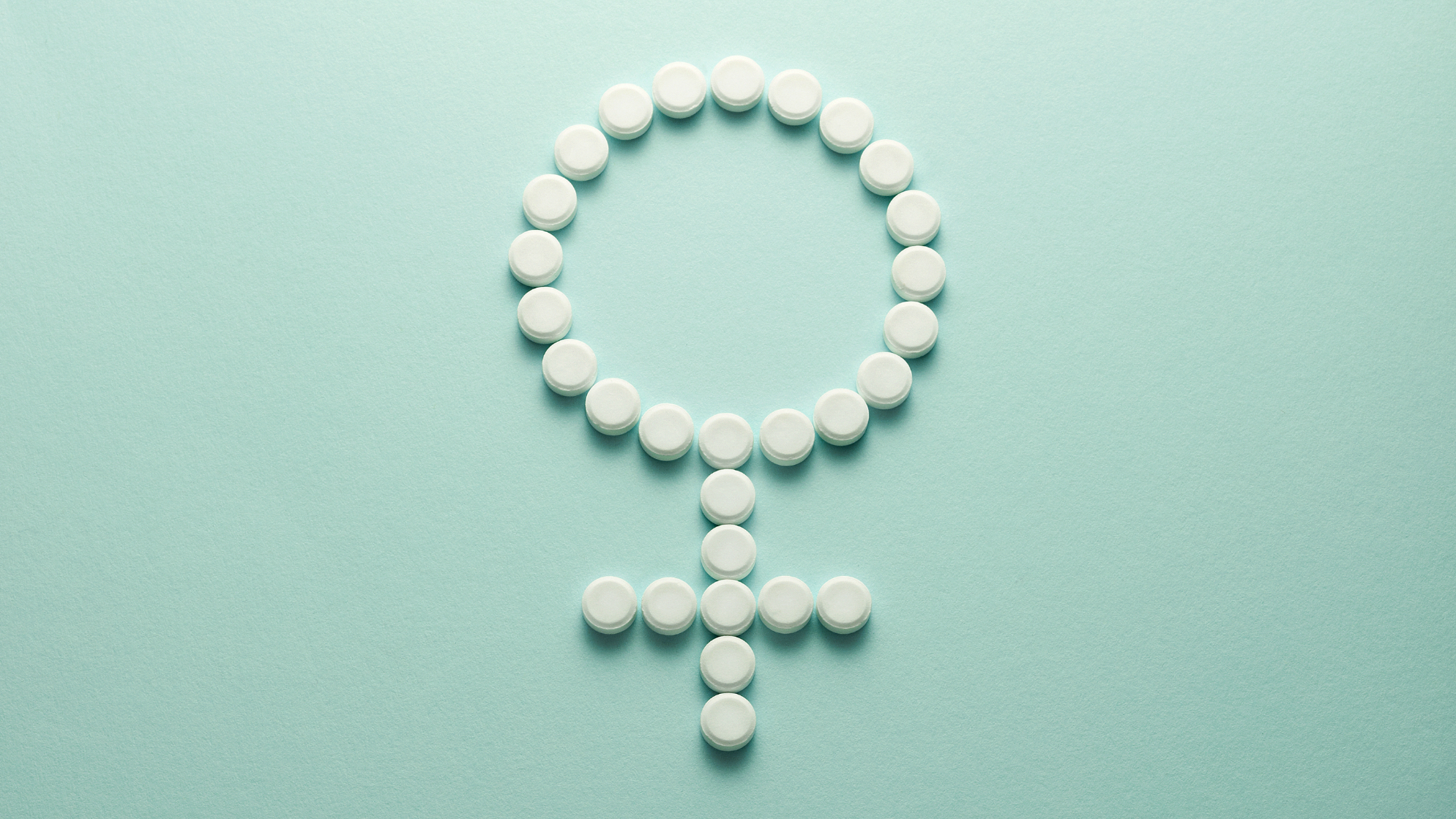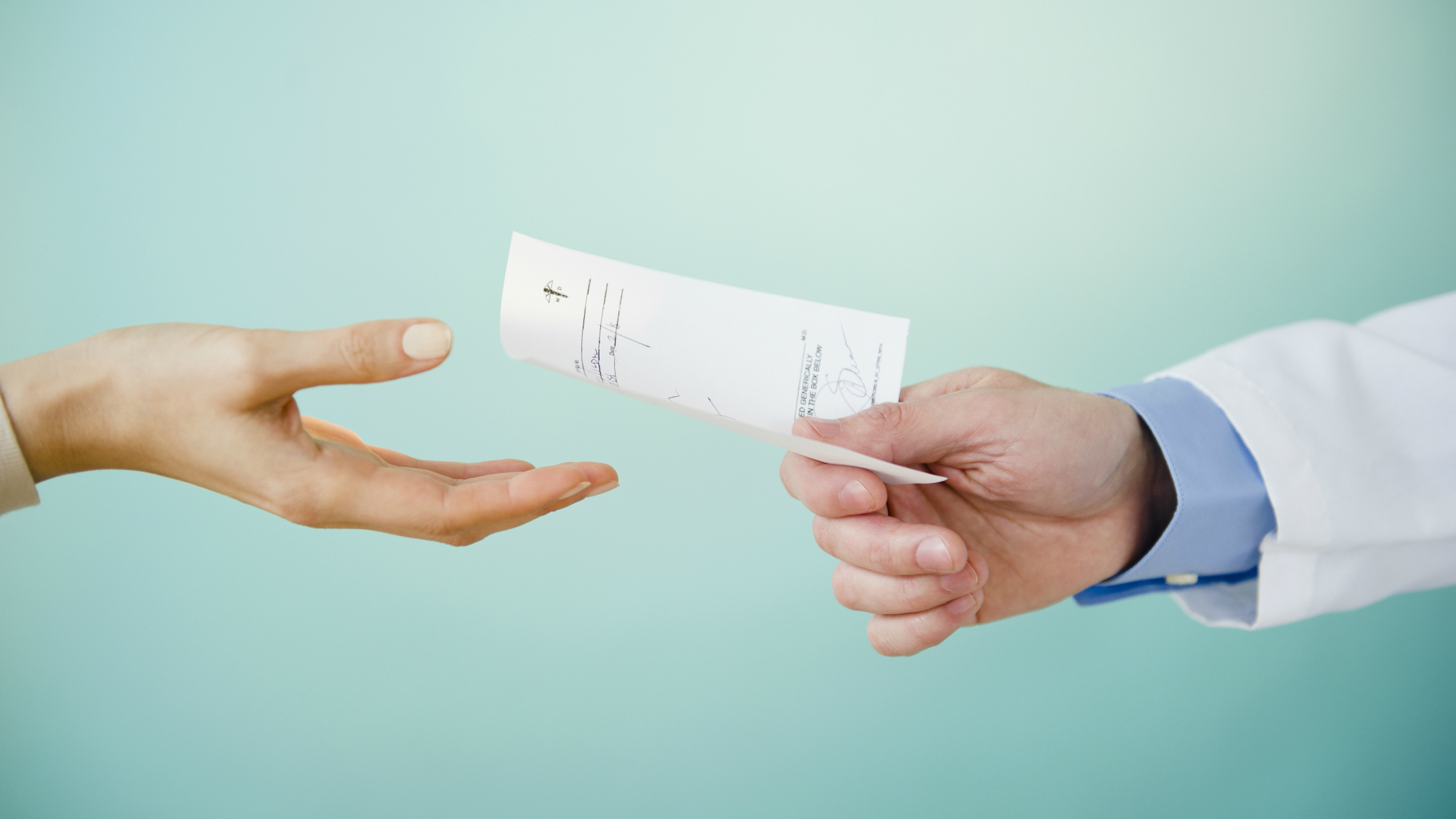Why we should be able to buy the morning-after pill ‘off the shelf’ without feeling ashamed
As top medics recommend the morning-after pill be sold without a pharmacist consultation, Marisa Bate reports on the numerous barriers to health services that women encounter daily


Celebrity news, beauty, fashion advice, and fascinating features, delivered straight to your inbox!
You are now subscribed
Your newsletter sign-up was successful
As top medics recommend the morning-after pill be sold without a pharmacist consultation, Marisa Bate reports on the numerous barriers to health services that women encounter daily
A new report from the Royal College of Obstetricians and Gynecologists, called Better for Women, has recommended that emergency contraception, or the morning after pill, should be ‘sold off the shelf’, like condoms. The report concluded there are too many ‘barriers’ to healthcare for women in the UK, also suggesting both of the abortion pills should be taken at home, (if the woman is less than 10 weeks pregant), and consulations take place over Skype.
The survey of 3,000 women revealed just how inaccessible health care has become, with 37% saying they couldn’t get contraception services locally and 60% could not easily access unplanned pregnancy services, including abortion care, which the report said, accounts for the all-time high levels. In 2018, there were 200,608 abortions across England and Wales – an increase of 4% on the previous year.
The report also claimed that consultations with pharmacists that are currently mandatory when purchasing the morning after pill, leave girls and women feeling “uncomfortable, embarrassed or judged” - which is something I can personally confirm.
The first time I took the morning after pill, in my early twenties, rushing to the Boots in Soho before I started work, I sat in the small consulting room, feeling exactly as I did when I’d get sent to the Head of Year’s office for talking too much at school. As if regret and worry wasn’t rushing through my veins enough, a middle-aged woman read off a list of questions with the flat, monotone disinterest of a security guard checking your bag before a gig. It wasn’t an interrogation but more of a strange protocol which clearly neither party wanted to be involved in. The second time, I was older and had a work schedule that meant I couldn’t get to Boots until minutes before it closed on a dark Tuesday evening - luckily, the central London branch stayed open till late. This time I was irritated. At nearly 30, I felt very sure in my decision-making process.
The policing of women’s choices is perhaps not that suprising when we live in a country where abortion still requires the sign off of two doctors and it is not technically legal, suggesting a dangerous confusion of ‘moral judgement’ with a woman’s access to health care and her bodily automony. The elongated procedures around abortion send a message of mistrust of women, perhaps even a level of punishment. What other medical procedure, of which so many women have, involve such scrutiny, so many appointments and stages, so much sign off?

We are also facing a gender health gap. We know that GPs spend less time with women, pain is often ignored or written off, diagnoses are slow and, as in the case of heart disease, women’s symptoms haven’t been properly researched. Conditions that only impact women, such as endometriosis, are widely misunderstood as the funding and resources haven’t been properly invested. Add in 10 years of austerity cuts and a woefully underfunded NHS, and the damage has clearly been done. In the vacuum of female-led, functioning, health care services, questionable apps are finding an audience hungry for information and advice. In recent years, fertility planning apps have come under fire, after offering ‘natural’ contraceptive methods that have led to unwanted pregnancies. Despite our advances in technology and an increasingly cultural shift in wanting to be more open about women’s bodies, we’re still not being able to provide women what they need.
Celebrity news, beauty, fashion advice, and fascinating features, delivered straight to your inbox!
Lesley Regan, President of the Royal College of Obstetricians and Gynecologists said, ‘Women are falling through the cracks of very basic services that should be very easy to prevent or access. This is not rocket science. We are not suggesting an expensive new solution. We’re just saying we need to think about women across their life course because so many of the things that affect women, for which they need the NHS, are predictable.’
For many campaigners, access to the morning after pill is also prohibited by cost, which is available between £13-£16, although Lloyds, however, will charge £26. Online retailer, Dr Fox, is selling it for just £3, highlighting how overcharged women have been. The first time I took it, the bloke I was seeing offered to pay half, but, as he was so broke and I wasn't quite sure I wanted much else to do with him, I paid the entirety.
Access to healthcare, however, isn't just the price of a monthly phone bill or an awkward exchange of cash. For some women, it is a logistical nightmare that can have unfathomable consequences. For women facing reproductive coercion, where partners are forcing them into pregnancy, obtaining the morning-after pill has to be done in secret, and if they aren't in charge of what they spend, or forced to show receipts, needs to be free. As ever, the women facing the highest hurdles are often those last remembered.

At BPAS (British Pregnancy Advisory Service) Clare Murphy, Director of External Affairs agrees: ‘Telemedical services that enable women to access care without physically attending a clinic will particularly benefit women who struggle to obtain the help they need. Many women live considerable distances from clinics and can find it challenging to travel to appointments, while women in abusive relationships who cannot easily leave their homes in secrecy will also benefit from being able to seek the help they need in confidence.’
Of course, easy access to the morning-after pill needs to be supported by good education. The journalist Rose Stokes has written candidly about the time she took the morning after pill, and uninformed took it at the wrong time in her cycle, and therefore, it didn’t work, and led her to having an abortion. I have come across similar stories of abortion pills not working and women remaining pregnant, and then needing a surgical abortion.
The point here is that we need to be fully educated about our bodies in order to understand what is happening to them, and we need robust and functioning healthcare services. Arguably, the solution is not a lengthy consultation when the crisis hits, but a robust PSHE (Personal, Social and Health Education), accessible and reliable information online, a helpline for questions, centralized clinics that can give us more holistic care and keep us informed as we go along. Women’s health care shouldn’t be a chaotic, inaccessible after thought - it should be a priority.
Niamh McCollum is Features Assistant at Marie Claire UK, and specialises in entertainment, female empowerment, mental health, social development and careers. Tackling both news and features, she's covered everything from the rise of feminist audio porn platforms to the latest campaigns protecting human rights.
Niamh has also contributed to our Women Who Win series by interviewing ridiculously inspiring females, including forensic scientist Ruth Morgan, Labour MP Stella Creasy and ITV’s former Home Affairs Editor Jennifer Nadel.
Niamh studied Law in Trinity College Dublin. It was after enrolling in a Law & Literature class on her year abroad in Toronto that her love of writing was reignited. In no particular order, her big likes are Caleb Followill, hoops, red wine, sea swimming, shakshuka and long train journeys.
